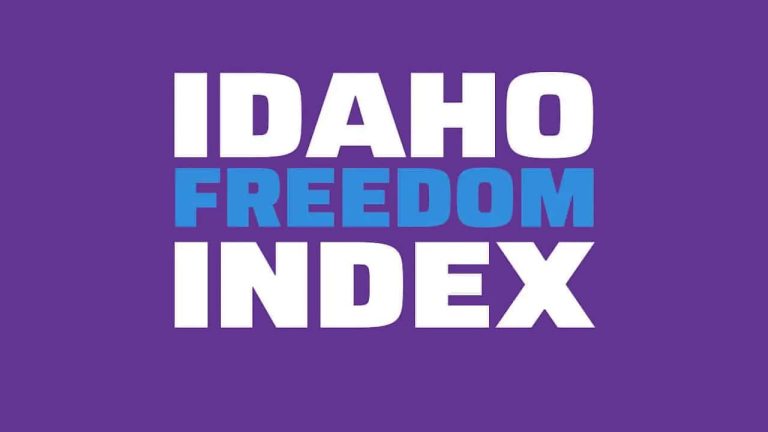Invoice description: House Bill 511 would exempt volunteer security guards from religious organizations from civil damages unless their actions amount to gross negligence, misconduct, or reckless misconduct.
Rating: +1
Does it violate the spirit or letter of the U.S. Constitution or the Idaho Constitution? Examples include restrictions on speech, assembly, press, privacy, private property, and firearms. Conversely, would it restore or preserve the protections guaranteed in the U.S. Constitution and the Idaho Constitution?
House Bill 511 creates Section 5-347 of the Idaho Statutes, defining the term and stating that “no person shall be liable in any court of this state for lying or for civil prosecution against a volunteer security guard of a religious organization who provides safety and security.'' No suit shall be brought for compensation for damages.” , protective services for religious organizations or to religious organizations to which such volunteer security personnel provided safety, security, or protection services.
The bill states that the exemption “applies to and shall include the safety, security, or protection provided by the use of non-lethal or deadly force,” but not “for gross negligence or wanton or reckless misconduct.” It does not apply to or include acts or omissions that have been shown to be equivalent.'' ”
Both the U.S. Constitution and the Idaho Constitution recognize fundamental rights such as the free exercise of religion, the right to peaceful assembly, and the right to keep and bear arms. Idaho law also recognizes a presumptive right of self-defense and the defense of others. “No person in this state may protect himself or his family by any reasonable means necessary, or to assist another person who he reasonably believes to be in imminent danger, or to assist himself.'' , shall not be exposed to any legal jeopardy of any kind.'' Victims of aggravated assault, robbery, rape, murder, or other violent crimes. ”
House Bill 511 would address situations where multiple fundamental rights converge in a way that removes the threat of economically devastating litigation that deters individuals from exercising their rights.
(+1)


